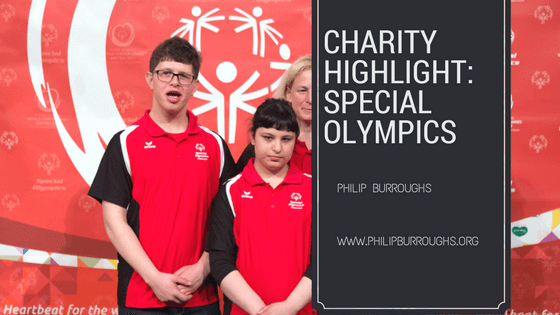
I’ve always been a major proponent of philanthropic and charitable endeavors, and have mentioned this multiple times on this site. Because I care so deeply about creating a hospitable environment for my community, as well as everyone around the world, I’ve decided to highlight a few charitable organizations and institutions that routinely help make the world a better place to live in. Today’s highlight is an organization that I am quite familiar with: the Special Olympics. While many people have heard of the Special Olympics, not many people know exactly how it works and what its goal is.
Founded in 1968, the very first Special Olympic games were held in Chicago at Soldier Field. Boasting 1,000 athletes with intellectual abilities from over 26 U.S. states and Canada and featuring 200 events, the Special Olympics officially became the largest sports organization for people with intellectual disabilities. And what had originally started as a small sporting event in a single football field has blossomed into a multinational event with millions of participants and volunteers.
Right now, you’re probably wondering how the Special Olympics works. You’ve also probably seen the Olympic Games before at least once, so you are familiar with the concept: the best athletes from several countries around the world compete against each other in a series of winner-take-all sporting events. These games are held seasonally (summer and winter) and are comprised of events such as running, swimming and volleyball (summer) and skiing, snowboarding and luge (winter). The Special Olympics differ in a few ways.
Firstly, the Special Olympics features a total of 35 different events, including sailing, gymnastics and snowshoeing. Unlike the Olympics Games, the Special Olympics features multiple regional events throughout the year, across the world. It also holds summer and winter World Games, which see the world’s best athletes with intellectual disabilities compete against each other, similar to the Olympic Games.
The organization is absolutely huge and is a great charity to donate to. The organization accepts donations of all sizes. And if you can not make a monetary donation, you can always volunteer your time, which is just as important. Why not spend some time and become a part of something much larger than yourself. Become a part of a worldwide mission of acceptance, athletics and togetherness and donate to the Special Olympics.
